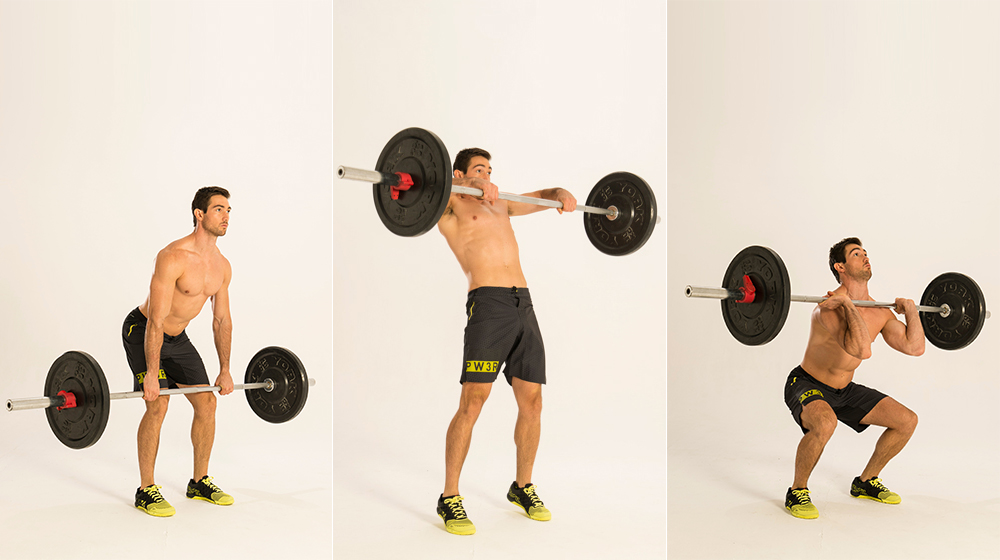Based on a survey conducted in 2004, the number of people who suffer a concussion or a mild traumatic brain injury in Ontario is estimated to be 80,000 per year. Fortunately, many of the people who suffer a concussion will recover over a period of 2-4 weeks post-incident with rest and activity modifications.
Of the 80,000 people, approximately 16,000 will continue to experience lingering symptoms for more than 12 weeks. An overwhelming explosion of concussion research has generated increased concern, attention and public awareness. With the increased attention to concussion research in the past 10 years, this number is now believed to be much higher than 16,000.
What is Post-Concussion Syndrome (PCS) & what are the symptoms?
Following a head injury, the brain may lose some of its functionality for a brief period of time. Even with a mild concussion, a person may experience any of the following symptoms:
- Constant or intermittent headache
- Irritability, mood swings
- Trouble sleeping
- Sensitivity to light or sound
- Reduced tolerance to alcohol
- Nausea
- Dizziness, feeling of floating or unsteadiness
- Blurred vision
- Poor balance
- Difficulty with concentration and attention
- Temporary memory loss or forgetfulness
In more severe cases and injuries, loss of consciousness may also occur.
Concussions are common in contact sports such as hockey, football, soccer, rugby as well as sports such as cycling, skiing and horse-back riding, where there is always a risk of falling. Although a concussion is commonly associated with sports injury, many concussions or mild traumatic brain injuries could happen following an accident such as: a motor vehicle accident causing whiplash, falling on the stairs, slipping on ice, or any other mishaps related to the activities of daily living.
Concussion treatment
In September 2013, Ontario Neurotrauma Foundation (ONF) published its 2nd edition of its guidelines to assist doctors and other primary care practitioners to treat and manage post-concussion symptoms in adults (over the age of 18). This evidence-based guideline is a valuable resource for assisting healthcare providers in helping their patients return to their pre-injury normal life. This guideline categorizes concussion management based on the severity of symptoms, and time passed since the incident. Its primarily designed to guide healthcare providers to arm their patients with education and support them with interventions when necessary.
Following a concussion, symptoms are expected to resolve in 85-90% of the cases. However, even after a mild concussion, it is vital to see a doctor as you may require further education, assessment, or diagnostic imaging such as a head CT or MRI. In some cases, a patient may be kept in the hospital for observation.
People with mild concussion symptoms usually only need rest until their symptoms are resolved, which is normally between 2-6 weeks. This group will most likely be monitored for their return to normal daily activities by their therapists, coaches or doctors. When people with mild concussion symptoms do not follow an expected pathway of recovery, then a more in-depth assessment and rehabilitation may be required.
Recommended management for PCS:
- Do not stay alone until you reasonably recover or show solid signs of recovery
- Rest, both physically and mentally
- Get plenty of sleep
- Do not use the computer or play video games
- Do not consume alcohol
- Ask your doctor when to resume driving, biking, or other activities
- Children should stay home from school; a return to school may need to be gradual
- Do not play sports until fully recovered
Although rest is extremely important, unnecessary long-term inactivity is often not advised as it may cause physical deconditioning and a delayed recovery. In addition, the isolation and avoidance of social activities may cause anxiety and depression. Therefore, low intensity exercises are recommended for mild post-concussion cases. A physiotherapist or other trained healthcare providers are the best to consult as to when it is safe to return to exercise. In general, an accepted time frame for return to low level exercise is being asymptomatic for 1 month.
A much smaller number of people are left with post-concussion symptoms. These symptoms can last for months following the concussion, or can happen in people who have repeated mild concussions and never fully recovered. People in these situations should see a doctor and seek comprehensive management of concussion by providers who have been trained in the field of concussion and Traumatic Brain Injury (TBI) management. There are a number of specialized brain injury clinics in Ontario and many healthcare providers certified in concussion management.
If you are interested in learning more about post-concussion syndrome, do not hesitate to consult with our expert team of physicians and therapists at SEMI. Contact us today!
More in-depth guidelines and resources are also available at: www.onf.org and www.ConcussionsOntario.org.






